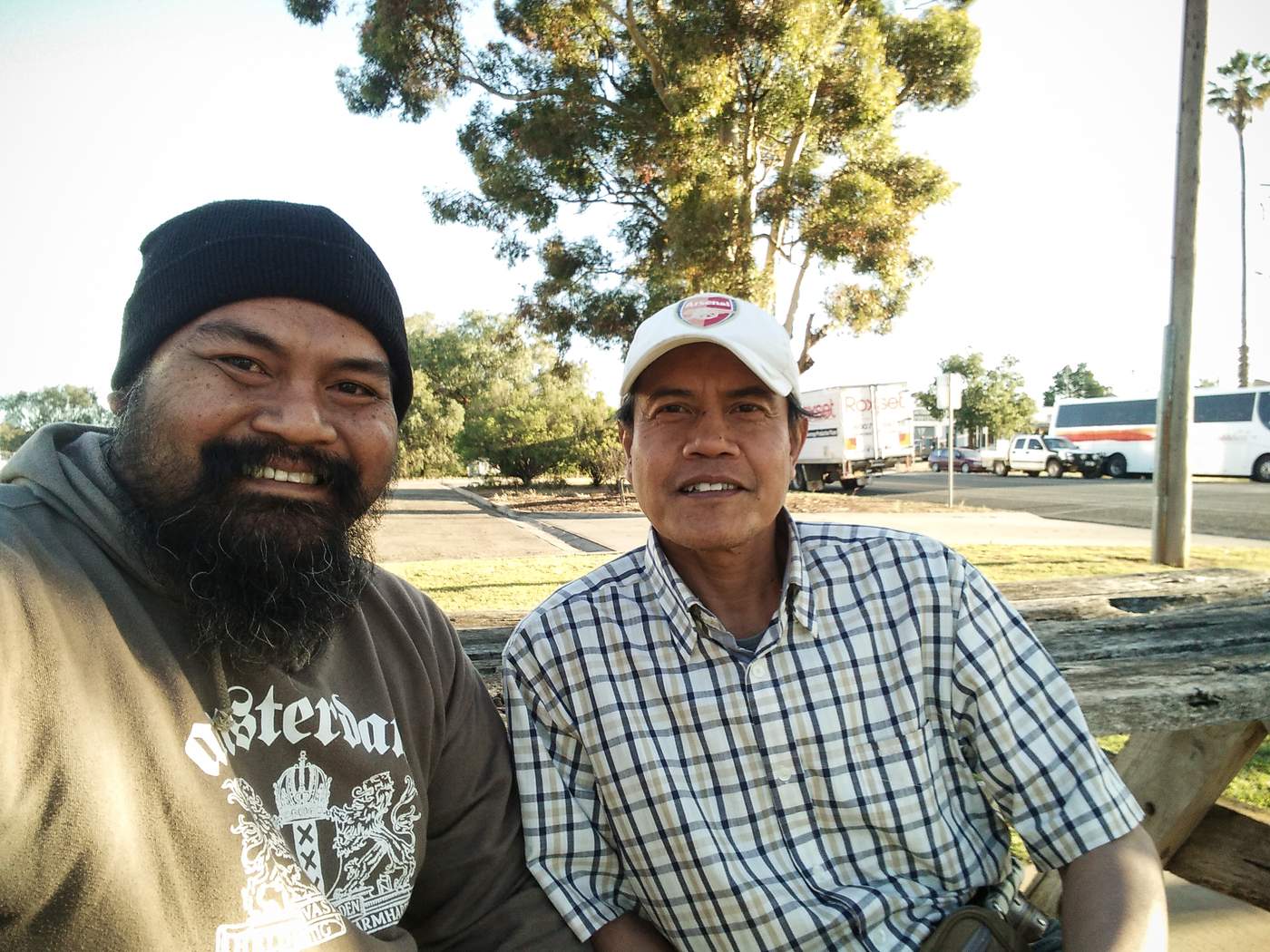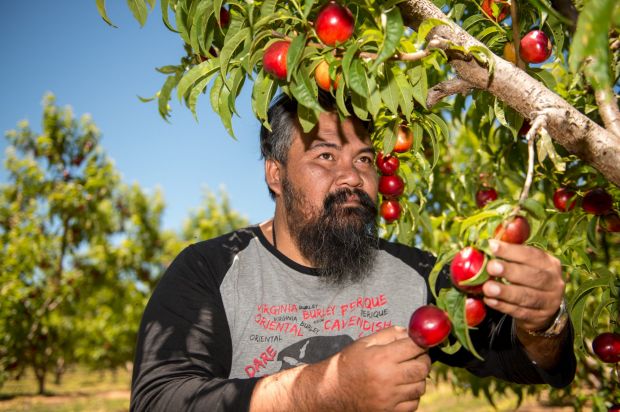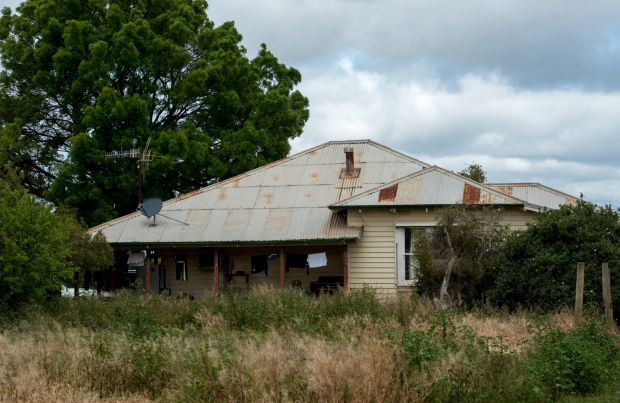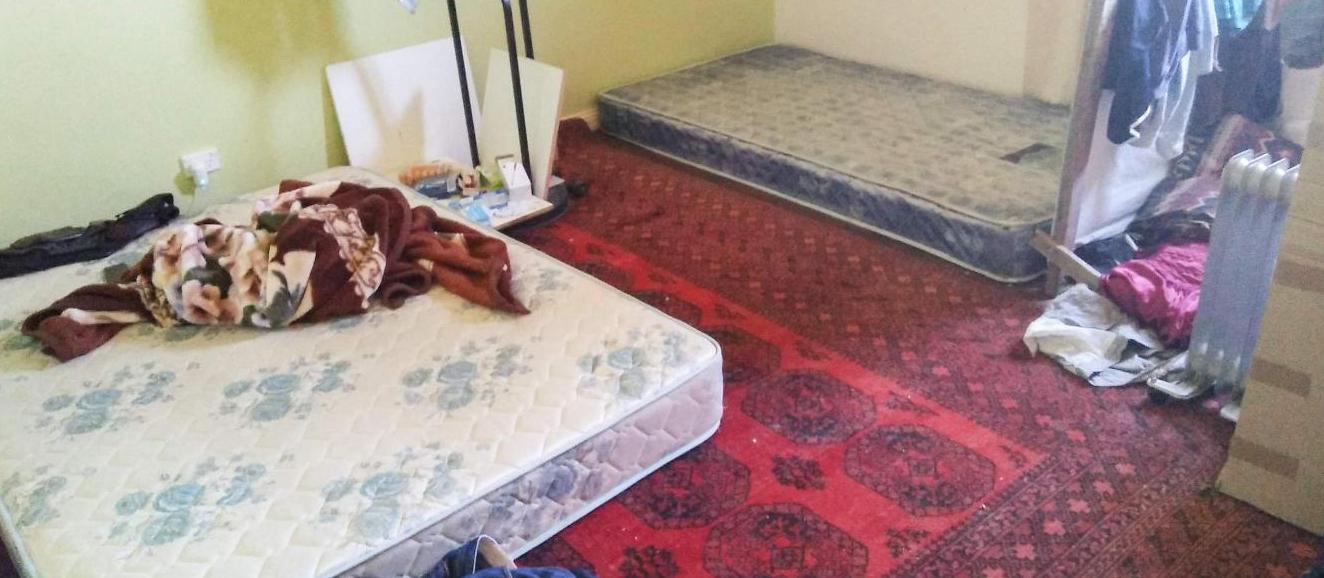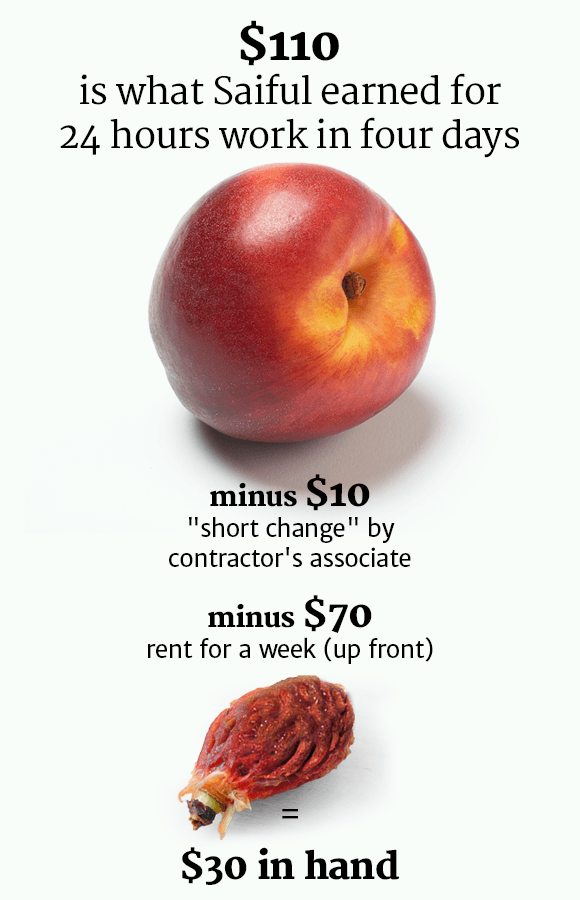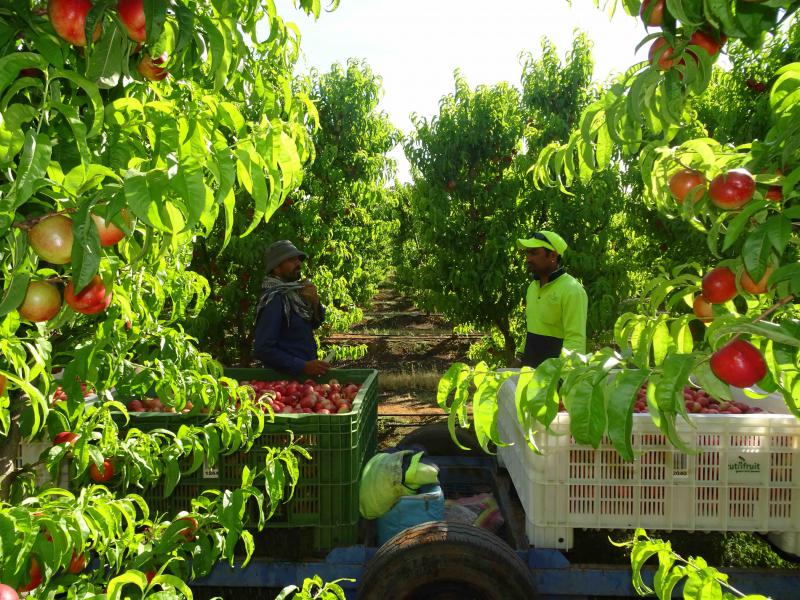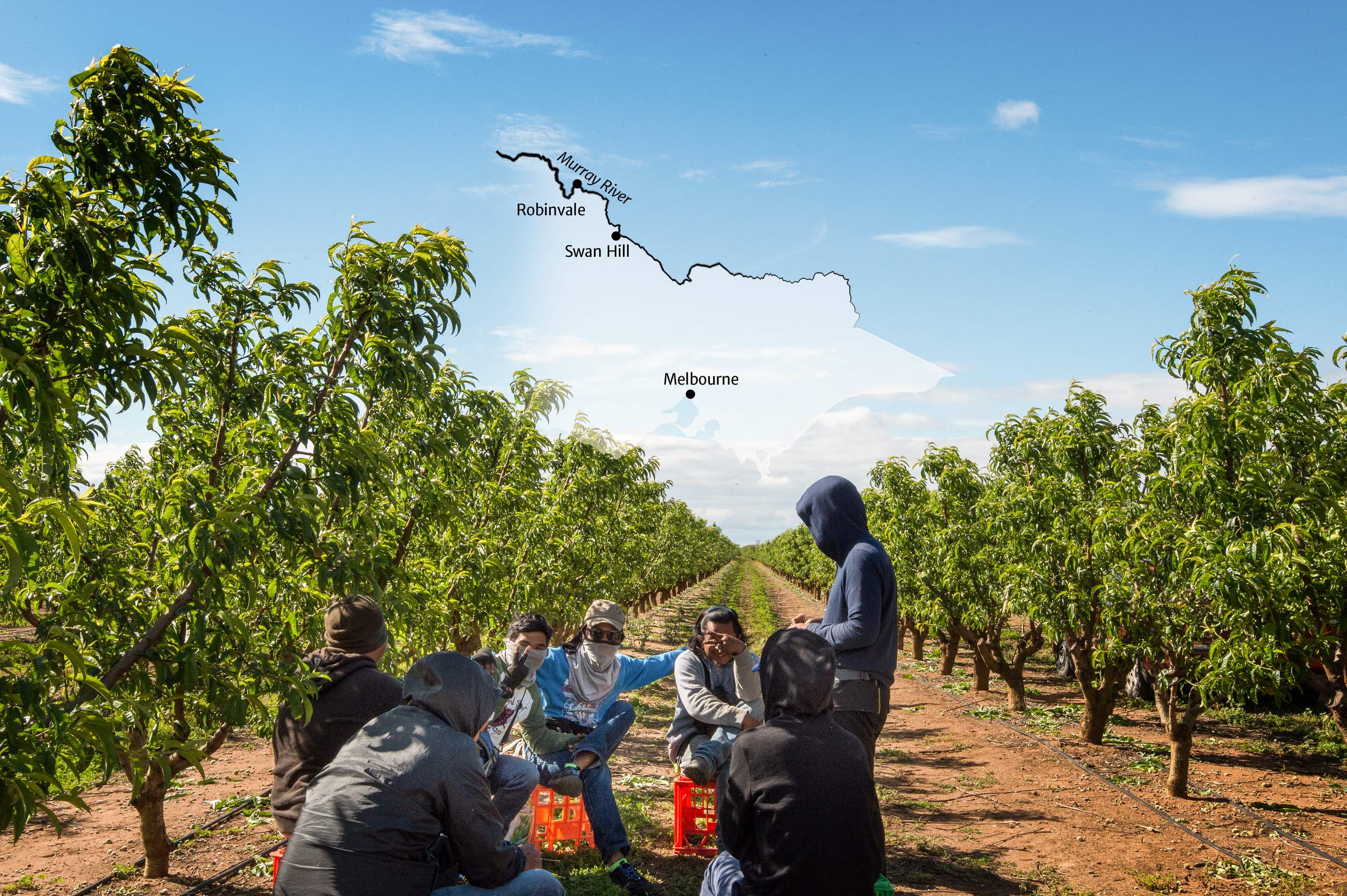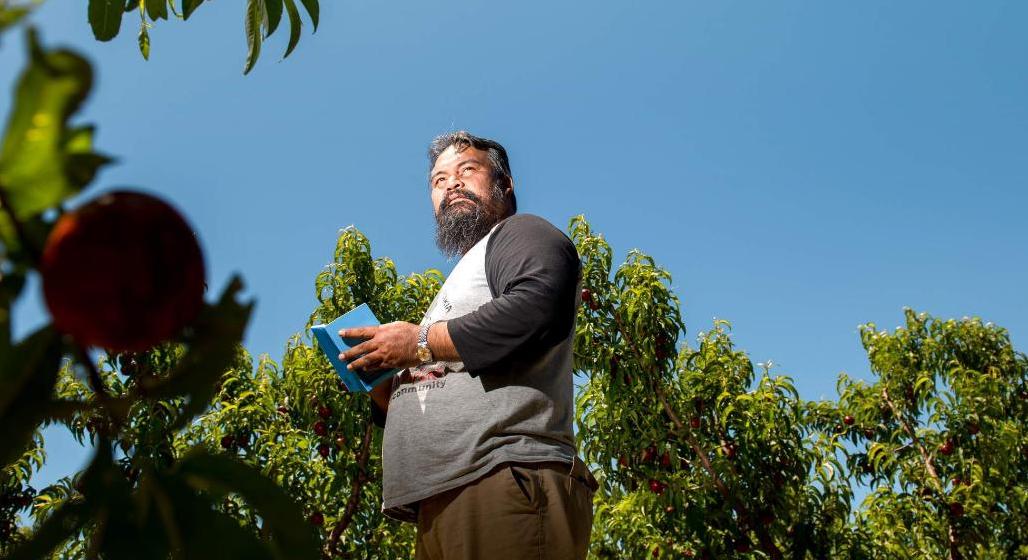This Malaysian Journalist Reveals The Ugly Truth About Fruit Picking In Australian Farms
"Migrants are not seen as people, but commodities."
The past year has seen Malaysians raving about the lucrative fruit picking industry in Australia.
Just earlier this year, reports surfaced on how Malaysians can earn up to RM39 per hour as a fruit picker and sorter in Australian farms.
Seeking greener pastures, hundreds of Malaysians are showing interest in working as fruit farm workers as Australia which promises a higher wage compared to working as a professional even in Malaysia. This is due to the fact that countries like Australia have better currency rates and a far higher minimum wage compared to that of Malaysia's.
The now defunct English daily, The Malaysian Insider (TMI), had reported earlier this year that local agents have been helping Malaysians find jobs in various farms in Australia as fruit pickers.
The report also detailed how a Shah Alam based agent Izwan explained how if Malaysians are willing to put in the hours, they can earn up to RM6,000 to RM12,000 per month as fruit farm workers.
On an average, Izwan said to TMI that about 10 to 20 Malaysians go to Australia to try their hand at fruit picking jobs. He also mentioned that about 70 to 80% of workers in these farms are Malaysians.
However, the media has reported on how there's more to these fruit picking jobs. Quite a number of Malaysians have been known to fall victims to labour black market and end up as illegal, exploited workers in these farms.
While the fruits they pick may be all fresh and peachy, the reality of working in these farms are far from it.
An Utusan Malaysia journalist went on an undercover mission as a fruit picker at a farm in Melbourne, Australia.
Australia's The Age published an exclusive on the kind of exploitation that fruit farm workers face without proper working papers with Utusan journalist, Saiful Hasam leading the undercover investigation.
According to the report, Saiful's investigation started with him landing in Melbourne on 26 October with a short-term visa that doesn't allow him to work but he gets a job at the Cutri Fruit farm immediately, having gotten in touch with one of the "agents" that act as a middle man between the farm owners and the workers, named Pak Mur. Cutri supplies fruits to major supermarkets in Australia like Woolsworth, Costco and Coles.
Saiful manages to discreetly record Pak Mur talking about how Lee the Afghan, one of the men who runs the illegal worker trade in Australia, has about 60 illegal workers under his control.
Pak Mur takes Saiful to living quarters which is basically a farmhouse in Woorinen which currently houses 12 illegal workers.
The reality of being an illegal worker unfolds once Saiful arrives at the farm house. Here's what we learned from the investigation:
1. Illegal farm workers live in terrible conditions in old farmhouses
Upon his arrival at Cutri's farmhouse, Saiful discovers how his living arrangements will be like. For starters, he'll have to sleep on a mattress on the floor.
The rent is AUD70 per week and can sometimes be crammed with up to 25 illegal workers at a time. The only silver lining is the fact that the house is just a few minutes walk from the Cutri Fruit orchards.
Adding to that, the Sydney Morning Herald's journalists also found out that these illegal workers are forced to sleep in run-down houses, with most sleeping on the floor next to other workers.
"It is very difficult to cook and to shower. It is very difficult to live here," said one of the illegal Malaysian farm worker that SMH met.
2. Illegal farm workers earn way below the minumum wage in Australia
Saiful's initial assumption was that his pay will be lesser compared to other workers due to his lack of experience, but the wage turned out to be way below the minimum wage and his expectations.
These numbers are collected from The Age's report.
He is first briefed by the supervisor on how to prune stone-fruit trees to prepare them for picking and informed that he will be paid by the piece rate.
A piece rate is when an employee gets paid by the piece, for the amount picked, packed, pruned or made.
On his first day, Saiful earns AUD16 for 6.25 hours of work, which puts the hourly rate at AUD2.56, AUD48.10 for 9.25 hours of work the next day and the day after he works for just a little over three hours earning AUD13. He then works on a public holiday at a different farm which earns him AUD22 for 5.23 hours.
In total Saiful worked for about 24 hours over the span of a few days which earned him AUD110. Out of that, AUD10 was given as a "short change" to the contractor's associate and another AUD70 was taken out for rent leaving Saiful with only AUD30.
According to Saiful, most of the illegal workers he met and spoke to only earned a little more than him despite their extensive experience.
What is the minimum wage for fruit picking/harvesting job in Australia?
The national minimum wage per hour is about AUD17.29 but the pay can vary depending on they type of work. Fruit pickers can expect to earn from AUD15 - AUD20 per hour usually.
However, a Victorian government's Forsyth inquiry revealed that most legal fruit pickers earn about AUD13 per hour.
Meanwhile, the Sidney Morning Herald met with another illegal worker who used to earn only AUD20 for a whole day's work at a farm in Robinvale. He now earns about AUD13, having found another similar job through an honest contractor.
3. Cutri Fruit has feigned innocence over the matter
Curious to know whether Cutri Fruit is aware of these illegal happenings and exploitation of workers, Saiful marched into Cutri Fruit's HQ with a cover story that he want to work directly with Cutri to make better wages.
With a letter that explained he is currently working for Cutri under Lee the Afghan and a camera hidden in his beanie, Saiful is met by March Intervera, Cutri Fruit's research, development and innovations manager.
"Are you legal? You got legal papers?" asked Intervera to which Saiful confirms that he has indeed been working illegally.
Intervera's response to that says it all. "You have to work through Lee anyways. You are not legal. I can't employ you anyway. I can't employ you direct. You don't have the paper. You know what I mean? This is why we use the contractor because, I don't know, they dodgy it up."
"But we can't, I can't do it direct. But I can have a chat to Lee though," adds Intervera.
Wanting more answers, an official email with a set of questions regarding the exploitation of illegal farm workers was sent to Cutri Fruit's managing director Gaethan Cutri.
Gaethan declined to answer the questions and only said that he knows "no evidence" that his company is using illegal workers.
The Age drew a conclusion based on their investigation, that there are some in Cutri Fruit that are fully aware of the hiring and exploitation of illegal workers in their farm.
A few days later, Cutri Fruit released an official statement saying that they would "never knowingly exploit illegal workers". They are, however, "aware of anecdotal evidence that some contractors act illegally" and as a remedy to that problem they have stressed that Cutri will only use the best contractors.
In their commitment against any unlawful practices, Cutri has fired two of its contractors earlier due to concerns about their employment issues.
"Cutri Fruit will also implement a broader independent audit this month to assess
if there are any undetected issues," read the statement.
4. A large number of migrant workers are being exploited on Australian farms
ABC reported Australia's Migrant Worker Taskforce chief, Allan Fels as saying that based on the evidence found by various parties, the migrant workers abuse is a systematic one.
"Significant numbers are really exploited," revealed Mr Fels.
Responding to the matter, Australian opposition leader William Richard "Bill" Shorten asked the government to act on "these widespread and disturbing examples of exploitation".
"These people are being exploited and abused. They're pushing down wages for legally employed workers. Companies that do the right thing are being undercut," added Mr Shorten.
Meanwhile, Tim Kennedy, the federal secretary of The National Union of Workers in Australian said that, "Some farmers want labour that they can exploit the hell out of. Migrants are not seen as people, but commodities".
What's really heartbreaking is that there are a lot more illegal migrant workers that are forced to continue their lives - earning well below the minimum wage despite their hardwork
Saiful described how a Malaysian female illegal worker, that lives in the Woorinen farm house cried when he said that he was leaving.
"I feel so sad for those I left behind," he says.
"There is a thousand stories here, there are a thousand sad stories," added Saiful.
Responding to the matter, Costco supermarket has stressed that they will stop buying fruits from the Cutri Fruit farm till the audits on the company's employment practices are done
A Coles spokeswoman said the supermarket had referred the allegations about Cutri Fruit to the Fair Work Ombudsman and had launched its own investigation.
Woolworths said it required its suppliers to abide by employment and migration laws and would refer any allegations about a supplier breaching the law to relevant authorities.

